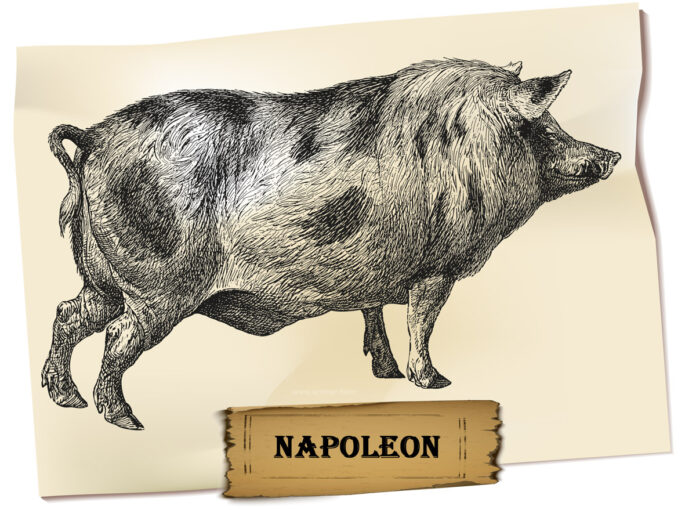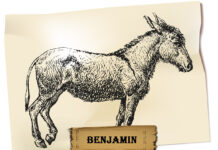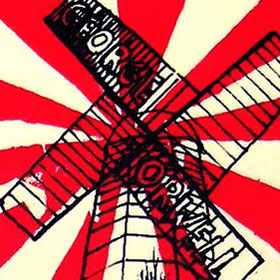
Napoleon emerged as the leader of Animal Farm after the Rebellion. Interestingly, Napoleon’s name was not brought up during old Major’s speech or at any point in the first chapter. However, he was there and took it all in although with a more selfish view of how the Rebellion could take place and what the ramifications of it might be.
Simply put, he was much more focused on how to use the Rebellion and subsequent events to attain the most power possible. Otherwise, it seemed like he didn’t really care if this movement extended to other farms or across England. Another example occurred in the fifth chapter. Snowball argued that the best way for Animal Farm to defend itself was to continue to spark revolutions elsewhere. Conversely, Napoleon wanted to attain firearms, get trained on how to use them and counter any attacks from there.
The farm’s only Berkshire boar was not very talkative, and he’s described as large and “fierce-looking.” He also tended to get his own way, a feature that was only exacerbated as the story progressed.
For the initial parts of the novella that followed old Major’s death, when he and Snowball appeared to be the main leaders of Animal Farm, Napoleon didn’t seem all that dangerous. However, he gradually grabbed more and more power. He took his first concrete step in that direction when he distracted the animals from the five buckets of milk – “Never mind the milk, comrades!” – and then kept all of it for the pigs. In fact, the story went from the revealing of the commandments, including, “All animals are equal,” to Napoleon violating that one seven paragraphs later.
It should also be noted that Napoleon changed the commandments in a gradual manner. If he had initially tried to say that some animals were “more equal” when the commandments were posted, nobody would have ever agreed to it. But, by the end, the rest of the animals were so subdued that they didn’t really bat an eye at the change.
Of course, the biggest progressive change was how he evolved from a pig to a human, from old Major’s speech at the start to arguing with a human on who was cheating in a card game at the end. And, just like Mr. Jones, he rarely contributed directly to any production and instead organized and led.
The cruel way in which he led was of note too as he raised a pack of vicious dogs and then used those dogs to intimidate and kill. The initial killings were done in a shocking manner as they involved several animals being slaughtered at one gathering, causing the air to be “heavy with the smell of blood.” Acts such as these had everything to do with how feared he was and how much control he enjoyed by the time the story ended.






